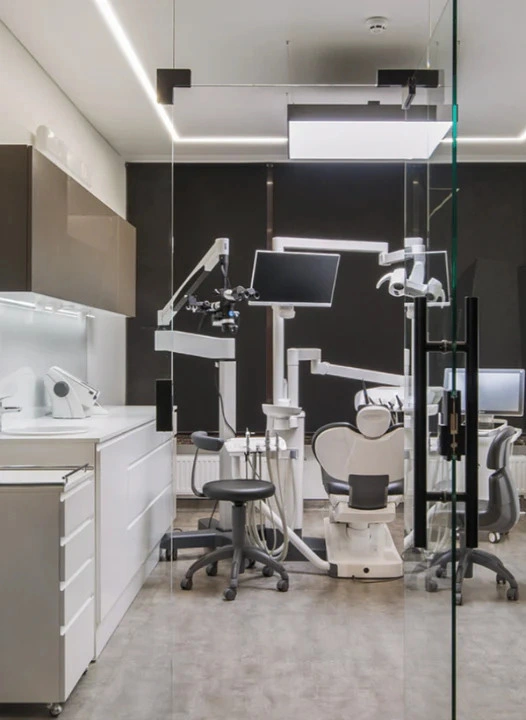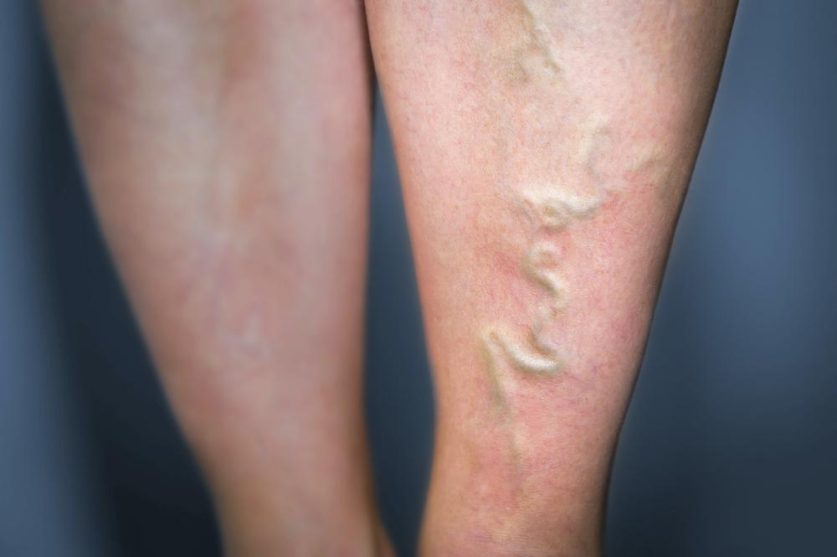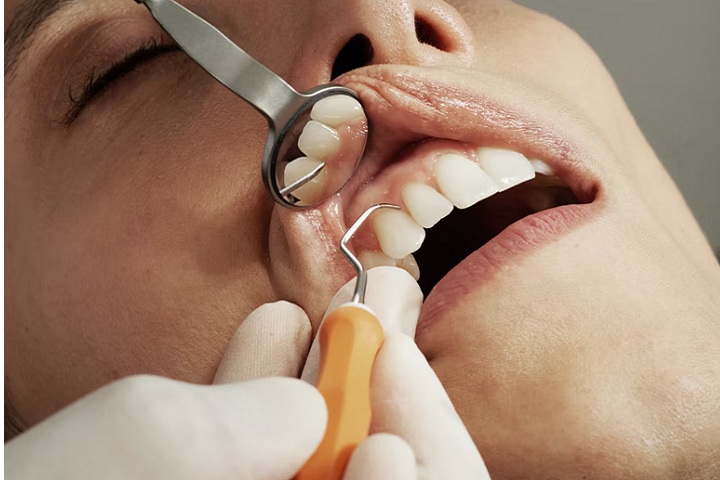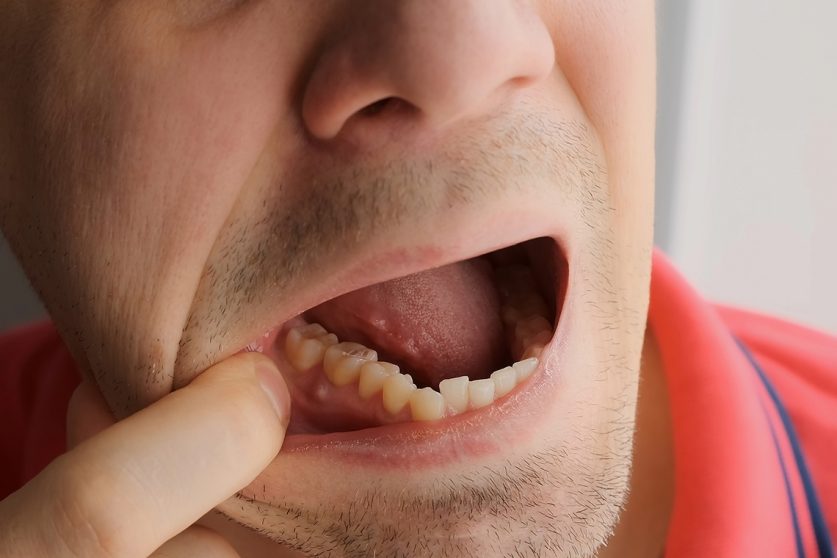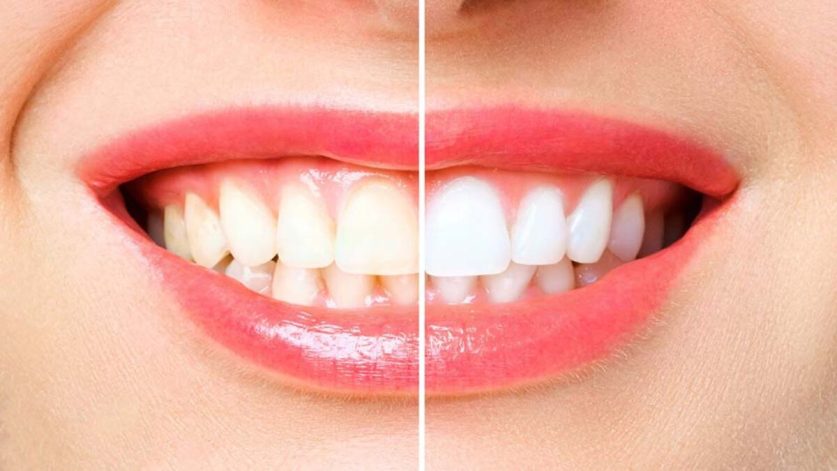What Are The Most Popular Pediatric Dental Treatment Procedures?
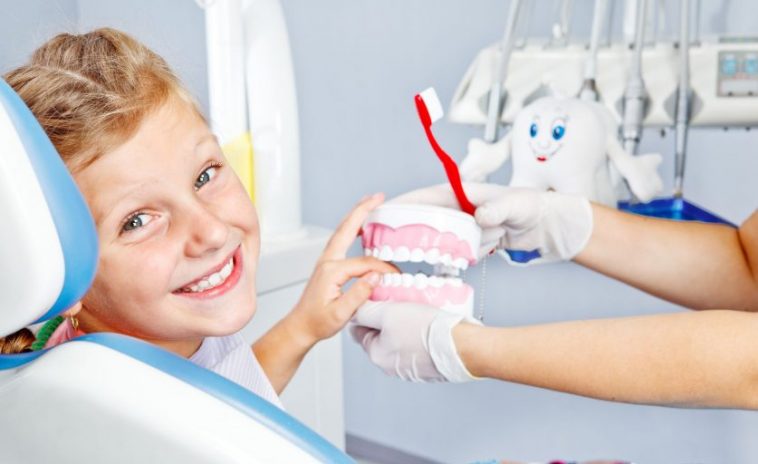
Stainless steel crowns
Dentists use stainless steel crowns to restore back teeth that deteriorate too severely to support white fillings. According to pediatric offices near me, back teeth may suffer severe damage to the enamel, dentin, and perhaps the nerve if you do not address dental decay.
In such circumstances, you may require stainless steel crowns as tooth-colored fillings are not a practical alternative. These prefabricated silver-colored crowns are fitted and bonded onto the teeth to stop additional damage until the baby teeth are naturally lost.
X-rays
Generally, children need X-rays more often than adults. Their mouths grow and change rapidly. X-rays frequently reveal tooth structure flaws that may not be apparent to the naked eye. The affordable pediatric dentist near me suggests X-ray exams every six months for kids with a high tooth decay risk. Less often scheduled X-rays are needed for kids with a low risk of dental decay.
Composite resin (tooth-colored filling)
Childrens dental care specialists use the tooth-colored filling to restore the back or front teeth where cosmetic appearance is important. They use composite to repair areas of decay or fractured teeth. The shade of composite resin filling matches as closely as possible to your natural teeth’ color.
Cavities
Tooth decay or cavity is a progressive dental disease that frequently begins in young children. Normal oral bacteria combine with carbohydrates from foods and beverages to form acid, slowly eroding your child’s tooth enamel and harming delicate gum tissue. Weak spots develop in the teeth as a result of enamel erosion. If left untreated, these weak spots develop into cavities, resulting in permanent nerve damage and the early extraction of your child’s teeth.
The answer, once more, is early therapy. Your pediatric dentist can restore the tooth with tooth-colored fillings as soon as they find a cavity. A stainless steel crown or tooth extraction may be necessary if the cavity is sufficiently deep.
Dental cleaning
During a pediatric dental visit, a hygienist or dental assistant will first discuss your child’s medical history with you. It is to ensure that the pediatric dentist and their staff are updated on your child’s general health so they may review any factors concerning your child’s dental health. After that, they will evaluate the general oral health of your child’s mouth.
Dentists will then entirely clean your child’s teeth to eliminate plaque and calculus, which can lead to gum disease and cavities. They will use fluoride in the teeth after the cleaning to help strengthen and protect the vulnerable areas against decay.
The pediatric dentist office near me advises taking your child to the pediatric dentist at least every six months to assess their oral health and developmental status. However, the dentist may recommend regular visits to more carefully manage your child’s oral health if they have unique needs or are more prone to dental caries.
Conclusion
The above-given information tells us about the various pediatric dental treatment procedures. To know more beneficial information regarding pediatric dental treatments, check out vippediatricdentist.com.




